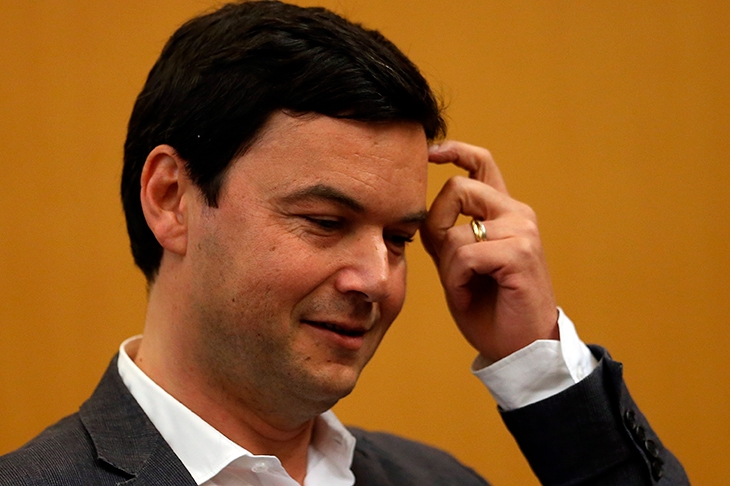The French economist, statistician and polymath Thomas Piketty sprang to fame in 2013 with a daunting tome, Capital in the Twenty- First Century. In it he documented a ‘fundamental force of divergence’ in the capitalist system, which he represented by the equation r>g — the tendency for returns to capital to grow faster than national income, and therefore for wealth to concentrate in fewer and fewer hands. This tendency was reversed between 1914 and 1980 by the impact of two world wars, the Great Depression, social democracy and the trade unions, but it has since reasserted itself, restoring levels of inequality last seen 100 years ago.
In his new blockbuster, Capital and Ideology, Piketty studies the transformation of ‘inequality regimes’ from premodern ‘trifunctional’ and slave societies to today’s hyperglobalisation, concentrating on the ‘capitalist’ or ‘proprietarian’ period from 1800. The book culminates in a programme for social democratic renewal to overcome the distempers of hyperglobalisation.

Get Britain's best politics newsletters
Register to get The Spectator's insight and opinion straight to your inbox. You can then read two free articles each week.
Already a subscriber? Log in






Comments
Join the debate for just $5 for 3 months
Be part of the conversation with other Spectator readers by getting your first three months for $5.
UNLOCK ACCESS Just $5 for 3 monthsAlready a subscriber? Log in